Impact of Global Health Campaigns
The Iodine Deficiency Drug Industry. Organizations such as the World Health Organization and UNICEF have launched initiatives to promote iodine supplementation and raise awareness about its importance. These campaigns not only educate the public but also encourage governments and healthcare providers to prioritize iodine deficiency as a public health issue. The increased visibility of iodine deficiency through these campaigns is likely to drive demand for iodine deficiency drugs, as more individuals seek solutions to address their nutritional needs. Furthermore, partnerships between public and private sectors in these campaigns may lead to enhanced distribution channels and accessibility of iodine supplements, thereby fostering market growth. The ongoing efforts to combat iodine deficiency through The Iodine Deficiency Drug Market.
Government Initiatives and Regulations
Government initiatives aimed at combating iodine deficiency play a pivotal role in shaping the Iodine Deficiency Drug Market. Various countries have implemented mandatory iodization programs for salt and other food products, significantly reducing the prevalence of iodine deficiency. For instance, the World Health Organization has set guidelines that encourage nations to adopt iodine supplementation strategies. These initiatives not only raise awareness but also create a conducive environment for the development and distribution of iodine deficiency drugs. Furthermore, regulatory frameworks that support research and development in this area are likely to enhance market dynamics. As governments continue to prioritize public health, the demand for iodine deficiency drugs is expected to rise, driven by both policy support and increased funding for health programs.
Advancements in Pharmaceutical Research
Innovations in pharmaceutical research are significantly influencing the Iodine Deficiency Drug Market. Recent advancements in drug formulation and delivery systems have led to the development of more effective iodine supplements and medications. For example, the introduction of sustained-release formulations allows for improved bioavailability and patient compliance. Additionally, research into combination therapies that incorporate iodine with other essential nutrients is gaining traction, potentially enhancing treatment outcomes. The pharmaceutical industry is increasingly focusing on addressing iodine deficiency through novel approaches, which may lead to the emergence of new products in the market. As these advancements continue to unfold, they are likely to attract investment and interest from stakeholders, further driving the growth of the iodine deficiency drug market.
Rising Demand for Nutritional Supplements
The growing consumer inclination towards nutritional supplements is a notable driver for the Iodine Deficiency Drug Market. As individuals become more health-conscious, there is an increasing demand for dietary supplements that address specific nutritional deficiencies, including iodine. This trend is particularly evident among populations at risk of iodine deficiency, such as pregnant women and children. Market data indicates that The Iodine Deficiency Drug Market is projected to reach substantial figures in the coming years, with iodine supplements being a key segment. The rising awareness of the importance of iodine for thyroid function and overall health is likely to propel the demand for iodine deficiency drugs. Consequently, this trend presents a lucrative opportunity for manufacturers to expand their product offerings and cater to the evolving needs of consumers.
Increasing Prevalence of Iodine Deficiency
The rising incidence of iodine deficiency disorders is a critical driver for the Iodine Deficiency Drug Market. According to health reports, approximately 2 billion people are affected by iodine deficiency worldwide, leading to various health complications such as goiter and cognitive impairments. This alarming statistic underscores the urgent need for effective iodine supplementation and treatment options. As awareness grows regarding the health implications of iodine deficiency, healthcare providers and governments are likely to invest more in preventive measures and treatment solutions. Consequently, this trend is expected to bolster the demand for iodine deficiency drugs, thereby propelling the market forward. The increasing prevalence of iodine deficiency disorders highlights the necessity for innovative drug formulations and delivery mechanisms, which could further stimulate market growth.


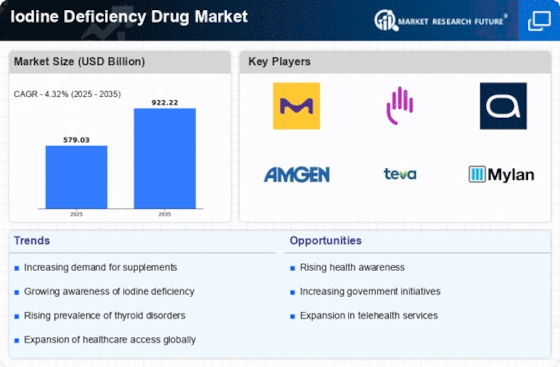
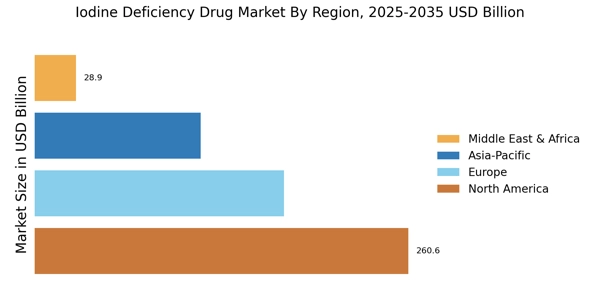
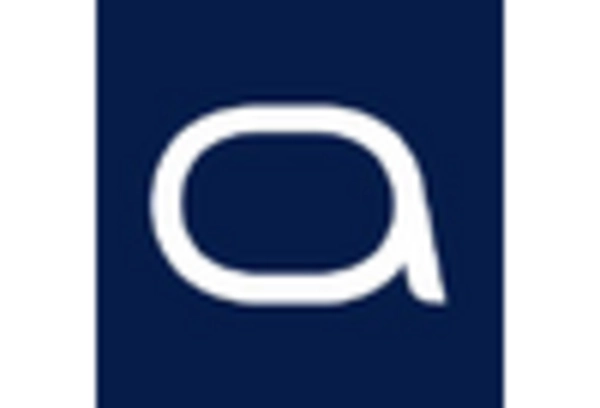
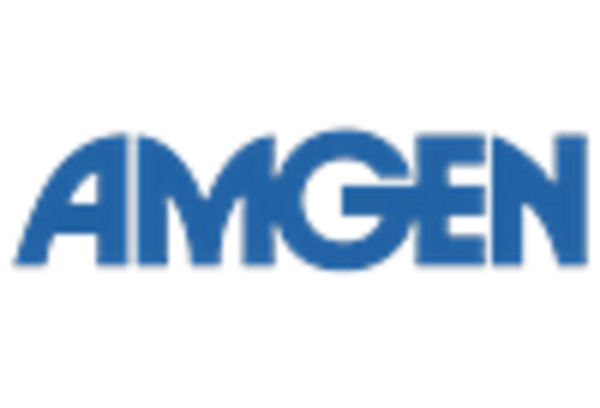


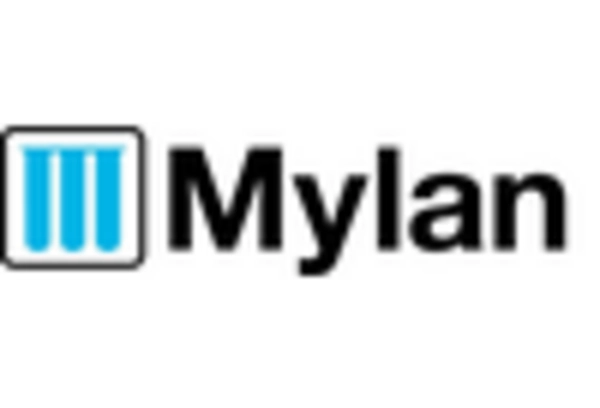
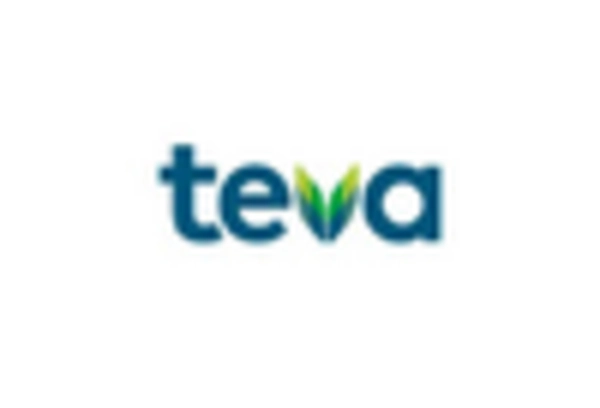








Leave a Comment